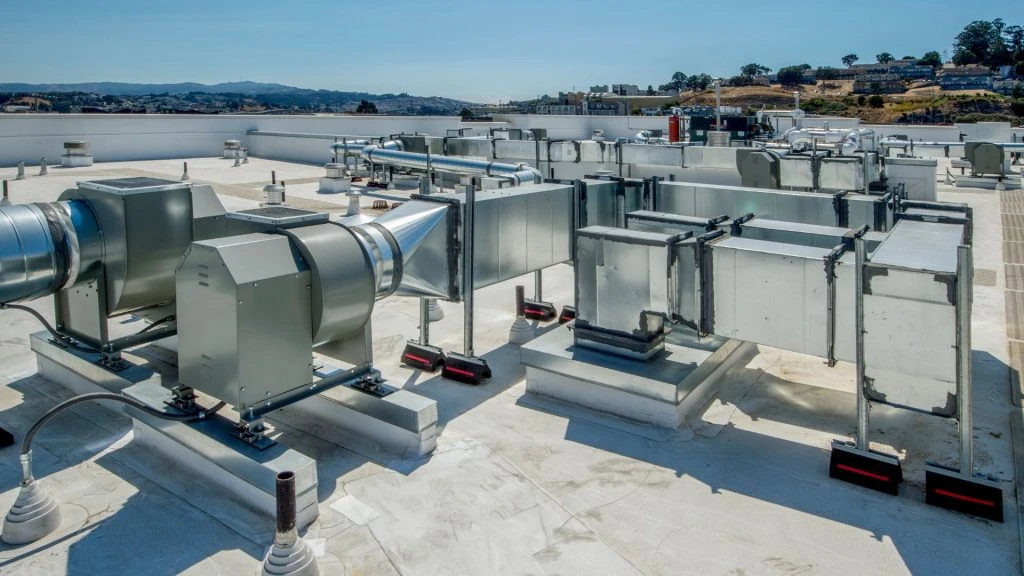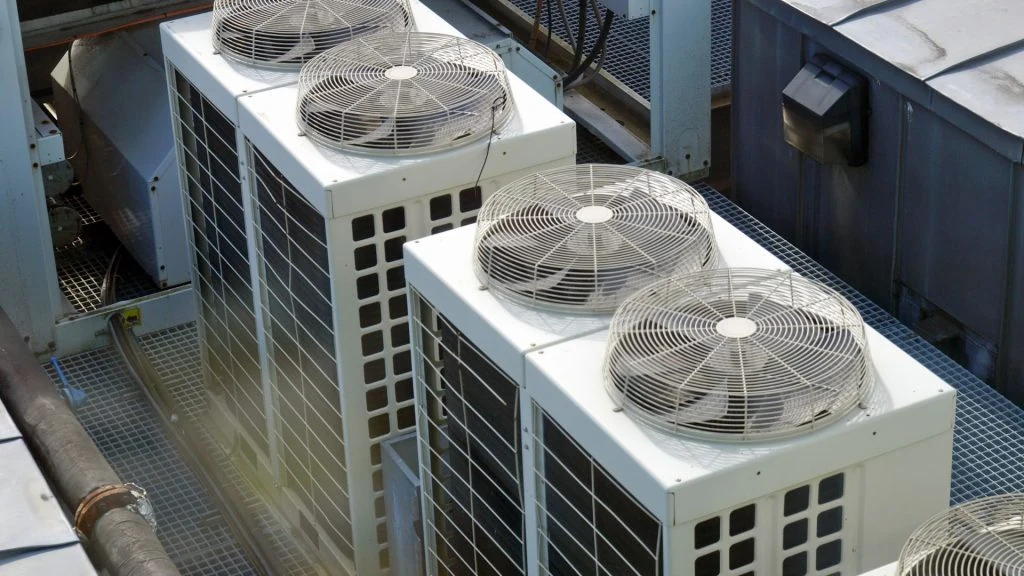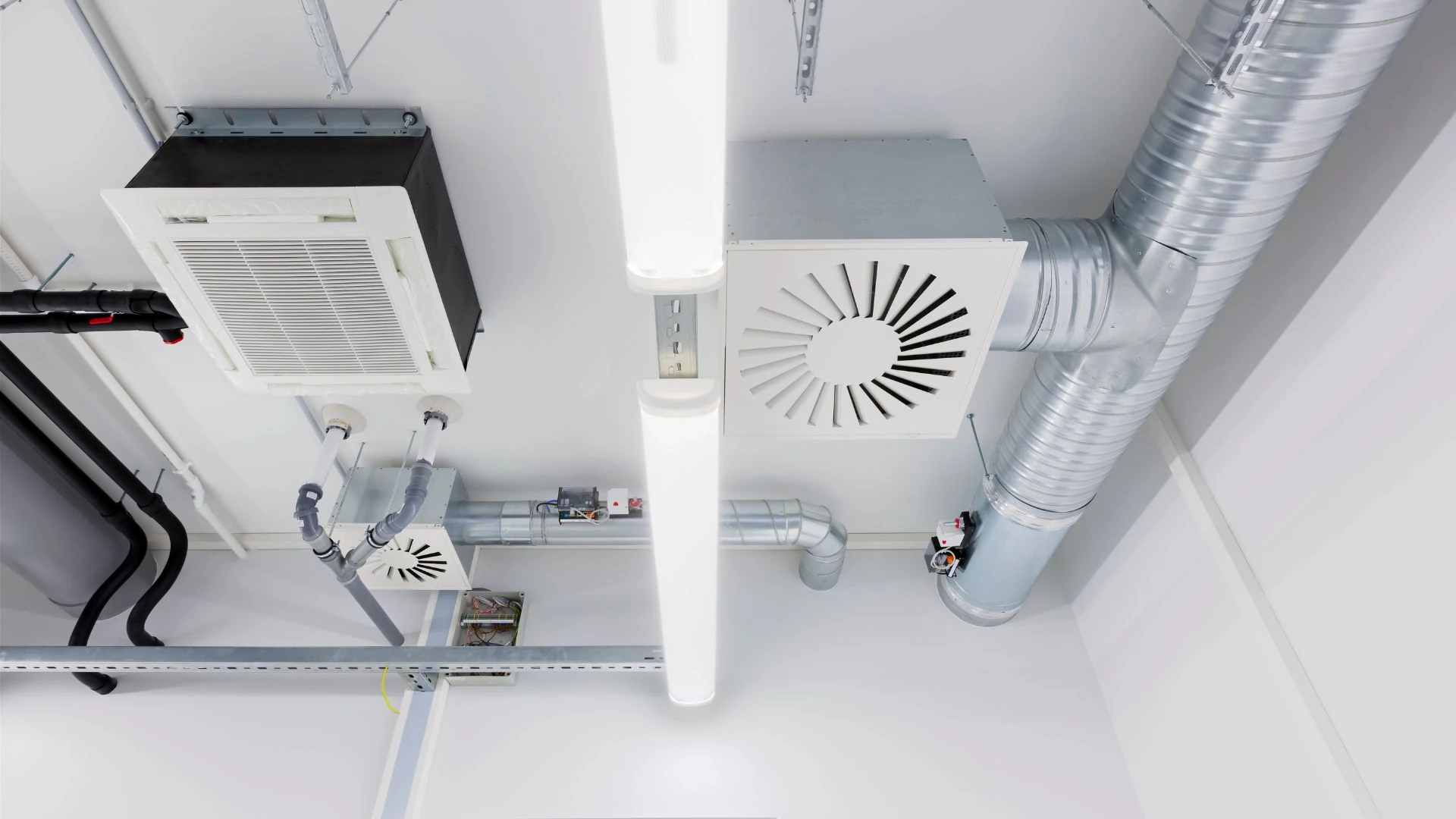The quality of the air we breathe in our homes often goes unnoticed, yet indoor air quality (IAQ) plays a vital role in maintaining our comfort, health and well-being. It is important for homeowners in Mississauga and Brampton to understand the significance of good indoor air quality and be aware of the common pollutants that can negatively impact its occupants. Your HVAC system can be a powerful ally in ensuring clean and healthy air, as long as it is well-maintained and functioning optimally.
In this blog post, we will discuss the importance of indoor air quality, the common pollutants found in homes, and their potential effects on residents. We will explore how your HVAC system can help maintain and improve your indoor air quality, offer tips on proper maintenance, and introduce additional equipment that can contribute to a healthier home environment. Furthermore, we will provide guidance on selecting a reliable HVAC service provider that can help you achieve optimal indoor air quality.
Given that we spend most of our time indoors, awareness of our indoor environment’s potential health hazards is essential. As we will demonstrate, addressing these hazards and maintaining good indoor air quality can significantly contribute to the well-being of those living in your home. By taking informed decisions about your HVAC system, you can provide your family with a healthier and more comfortable living environment.

1: Common Indoor Air Pollutants and Their Effects on Health
Poor indoor air quality can result from various pollutants present in your home. Here are some common indoor air pollutants, their sources, and potential health impacts:
- Particulate Matter (PM): Particulate matter includes dust, dirt, and other airborne particles that can cause respiratory issues and allergies. Sources include cigarette smoke, pet dander, and outdoor pollution seeping indoors.
- Volatile Organic Compounds (VOCs): VOCs are chemicals released from household products such as paint, cleaning supplies, and building materials. They can cause headaches, nausea, and long-term health issues if not adequately addressed.
- Mold and Mildew: High humidity levels and inadequate ventilation can lead to mold and mildew growth, which can trigger allergies, asthma, and other respiratory symptoms.
- Combustion Pollutants: Gas stoves, furnaces, and fireplaces produce combustion pollutants such as carbon monoxide and nitrogen dioxide. These pollutants can cause a variety of health issues ranging from mild headaches to life-threatening situations.
2: The Role of Your HVAC System in Maintaining Good Indoor Air Quality
Your HVAC system can play a significant part in maintaining good indoor air quality by controlling indoor climate conditions and filtering out harmful pollutants. A well-maintained HVAC system will efficiently circulate and filter the air, helping to remove contaminants and prevent the build-up of pollutants such as dust, mold, and VOCs. Here are some ways an HVAC system contributes to good indoor air quality:
- Air Filtration: A key component of any HVAC system is its air filter, which removes pollutants from the air. Regular filter replacement or cleaning is crucial to ensure optimal air quality.
- Temperature Control: Maintaining a comfortable temperature can help minimize the growth of allergens such as mold and dust mites.
- Humidity Regulation: HVAC systems help regulate indoor humidity levels, reducing the potential for mold growth and increasing overall comfort.
3: Tips for Improving Indoor Air Quality Through Proper HVAC System Maintenance
To ensure your HVAC system is working efficiently and effectively at maintaining good indoor air quality, follow these maintenance tips:
- Replace or Clean Air Filters Regularly: Check your air filter every 1-3 months, and replace or clean it as needed to ensure proper air filtration.
- Schedule Routine HVAC Maintenance: Regular professional HVAC inspections can help identify any potential issues affecting your indoor air quality, such as system leaks, malfunctioning components, or inadequate ventilation.
- Clean Ductwork: Periodically have your ductwork professionally cleaned to remove accumulated dust, allergens, and contaminants.
- Address Moisture Issues: If you have persistent humidity problems or mold growth, consider a professional assessment to identify the source of the issue and implement appropriate solutions, such as sealing leaks or adjusting your HVAC system settings.

4: Additional Equipment to Enhance Indoor Air Quality
In addition to maintaining your HVAC system, you can further improve your home’s indoor air quality by using additional equipment such as air purifiers, humidifiers, or dehumidifiers:
- Air Purifiers: These devices remove contaminants from the air, including allergens, dust, and odors. They are especially helpful for allergy sufferers or those with respiratory issues.
- Humidifiers: If your home suffers from dry air, a humidifier can add moisture to the air, reducing the occurrence of dry skin, respiratory issues, or static electricity. Be sure to maintain proper humidity levels to avoid mold growth.
- Dehumidifiers: In homes with excessive humidity, dehumidifiers remove moisture from the air, preventing mold and mildew growth and enhancing overall comfort.
5: Selecting a Reliable HVAC Service Provider for Optimal Indoor Air Quality
Choosing a reliable HVAC service provider is crucial for ensuring your home’s indoor air quality. Consider the following factors:
- Experience and Expertise: Look for a service provider with extensive experience in HVAC maintenance, repair, and installation, who understands the complexities of indoor air quality.
- Certifications and Licenses: Make sure the provider’s technicians are certified, licensed, and up-to-date with the latest HVAC technology and industry standards.
- Reputation and Reviews: Check the company’s reputation, read customer reviews, and ask for referrals to gauge the quality of their work and customer service.
- Comprehensive Services: Choose a provider capable of addressing all aspects of HVAC maintenance and indoor air quality, including air conditioning repairs, furnace maintenance, and air quality assessments.
Conclusion
Maintaining good indoor air quality is essential for the health and well-being of residents in Mississauga and Brampton. By understanding the importance of indoor air quality, addressing common pollutants, maintaining your HVAC in Toronto, and possibly adding additional equipment, you can significantly improve the air you breathe at home. With a reliable HVAC service provider by your side, you can enjoy the benefits of a clean, healthy, and comfortable indoor environment today.
